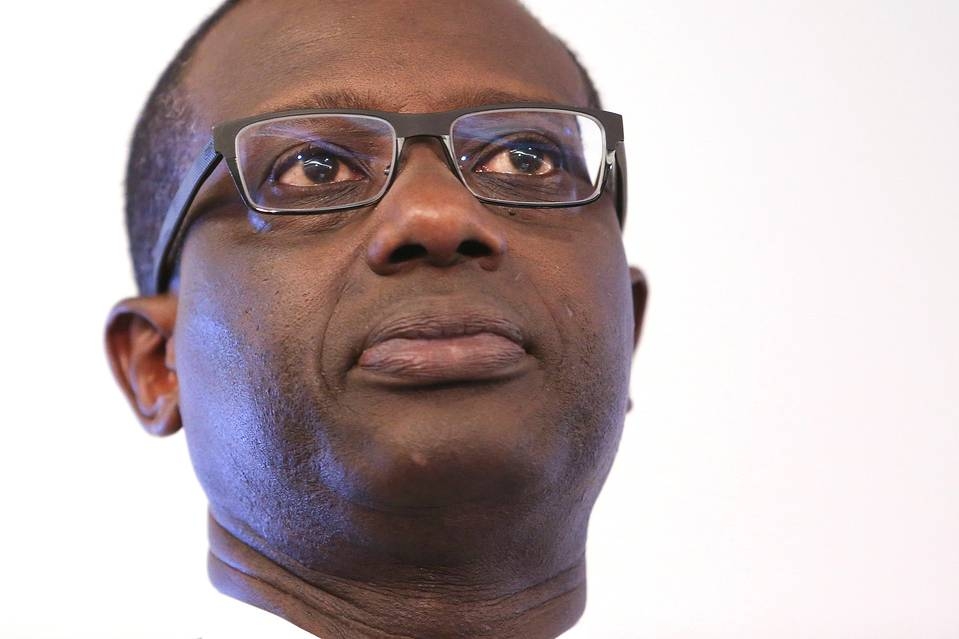
Swiss bank’s CEO backs view that a new debt crisis could be developing in the region
Credit Suisse Group AG Chief Executive Tidjane Thiam says it is “madness” for African nations to rely on loans in foreign currencies to fund vital infrastructure including roads, power and clean water.
Lenders in African nations must instead find domestic savings to invest in local projects, said the Ivory Coast-born banker who took charge of Zurich-based Credit Suisse in June.
Mr. Thiam’s warning comes after countries on the continent where he was born sold $11 billion of foreign-currency bonds in 2013 and a further $8 billion last year, raising concerns among some analysts that a new debt crisis may be developing.
The International Monetary Fund and the U.K.’s Overseas Development Institute, an independent research group, have written about the risks of African governments taking on too much debt. Borrowing costs “could increase unexpectedly during periods of uncertainty,” the IMF said earlier this year. “In particular, sub-Saharan African borrowing costs are expected to increase as yields in U.S. bond markets start to climb.”
“I did a lot of infrastructure development in my life,” Mr. Thiam said in a dinner speech at Claridge’s hotel in London on Monday evening. “To fund them with foreign currency is madness. OK? Madness.”
Mr. Thiam worked on infrastructure and privatization projects for the Ivory Coast government in the 1990s, where his final job was minister of planning and development. His time in government occurred between two stints at consulting company McKinsey & Co.
The 53-year-old banker said there are “many reasons for being bullish about Africa,” as investment, economic growth, and education rates improve. Africa is “absolutely strategic” and “at the heart of the future of the world economy,” he said. He cited the peaceful presidential election in Nigeria earlier this year as a significant positive step, before stating the importance of funding development in a balanced way.
“We are not going to reach the kind of growth trend that we need if we are unable to do this successfully. You can’t just borrow internationally,” he said at the dinner organized by the Financial Times newspaper to conclude a conference on African business. “You have to be ready to discriminate between those who have reasonable funding strategies and those who have just borrowed in dollars.”
“ Warren Buffett joked when the tide goes down you see who has been swimming without trunks. Some of those economies will fall on their face because of that, that currency mismatch,” he said.
“You cannot control your economic destiny if you are not able to mobilize savings and then turn them into productive investment,” Mr. Thiam said. “If you can’t develop infrastructure, if you can’t develop the energy, if you can’t provide clean water, if you don’t have roads, there is absolutely no future possible.”
Mr. Thiam made his argument as an appeal for well-functioning financial institutions to assist the economic development of African nations.
“My usual pitch is life insurance companies are very important—but banks too,” the former CEO of London-based insurer Prudential PLC said, prompting laughter from the audience.
Credit: WSJ









